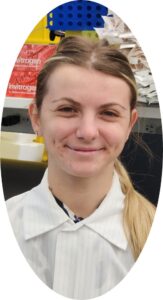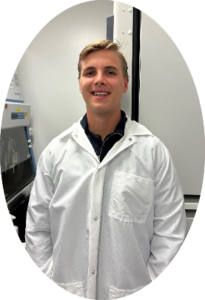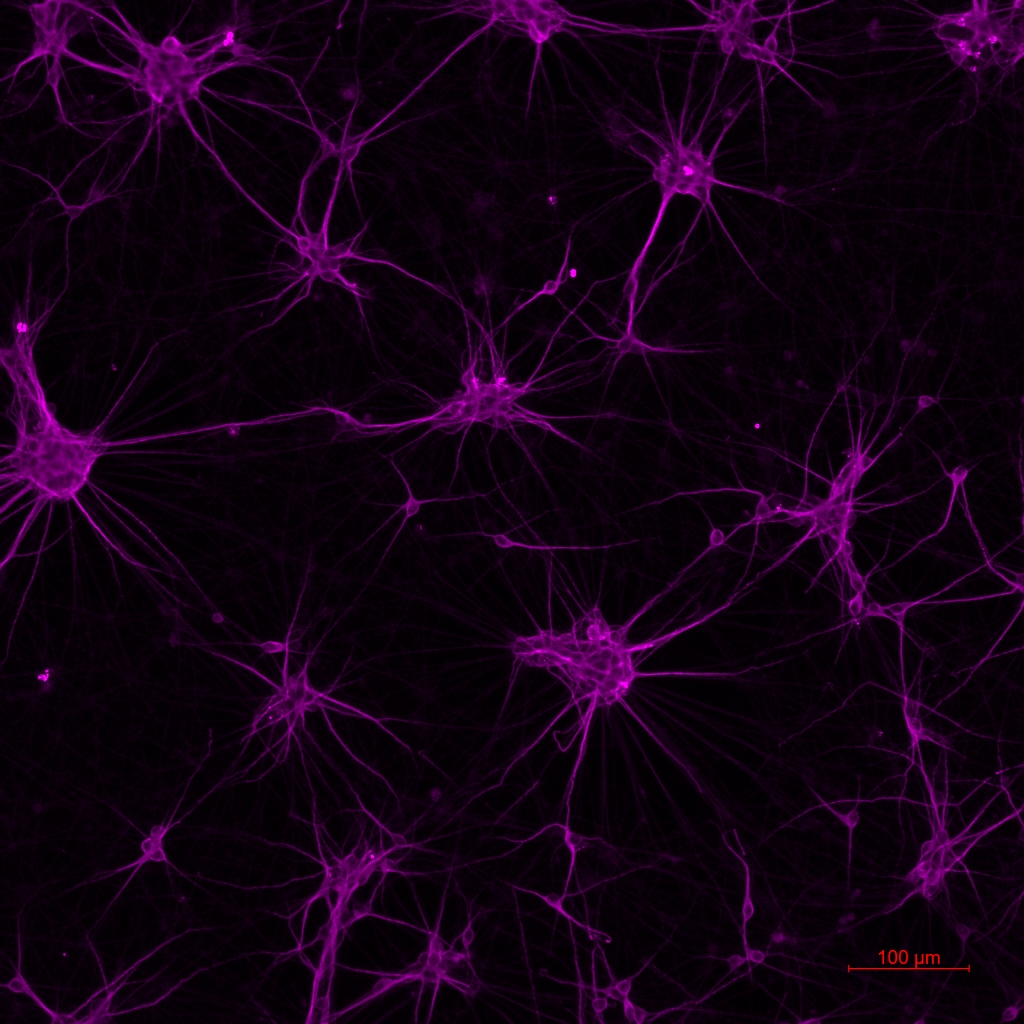
Dr. Saranna Fanning, PhD.
Saranna Fanning is an Assistant Professor in Neurology at Harvard Medical School and Brigham & Women’s Hospital. She received her undergraduate BSc and PhD degrees in Microbiology from University College Cork, Ireland (UCC), performing her doctoral research at UCC, Columbia University, NY, and Carnegie Mellon University, Pittsburgh. Dr. Fanning performed her postdoctoral training on neurodegenerative disease protein toxicity with Dr. Susan Lindquist at the Whitehead Institute for Biomedical Research, MIT, MA. She joined the Ann Romney Center for Neurologic Diseases at Brigham & Women’s hospital in 2017. Dr. Fanning is focused on understanding complex genetic interactions impacting disease and identifying therapeutic targets for Parkinson’s disease, Lewy Body Dementia and other synucleinopathies. Her group is focused on how the metabolome, currently the lipidome, is altered in disease and identifying therapeutic targets in these pathways, one of which is currently in clinical trials.

Gleidia Sauli, B.S.
Gleidia received her Bachelor of Science in Biology, with a minor in Chemistry from Salem State University. Her previous research included work on autolysin production in Chlamydomonas and CRISPR gene disruption. She is now interested in identifying new therapeutic targets for Parkinson’s disease related to lipid biology.

Lera Baru, PhD.

Harrison Hsiang, PhD.
Harison’s work is focused on the mechanisms that underlie disease and dysfunction. He conducted his doctoral work on neurotrophin signaling in the chronic inflammatory pain condition interstitial cystitis with Dr Margaret Vizzard at the University of Vermont. Now, as a postdoctoral research fellow in the Fanning Lab at Harvard Medical School and Brigham & Women’s Hospital, he is devoting his efforts to understanding lipid dyshomeostasis in neurodegenerative diseases such as Parkinson’s and other synucleinopathies. Harison is also committed to teaching and science communication. In 2021, he course-directed Cellular & Molecular Neuroscience at his alma mater, Middlebury College, and routinely volunteers with the Vermont Brain Bee. When not in the lab, he can be found reorganizing his bookshelf and overwatering his plants.

Julia Kelliher, PhD.
Julia is a Postdoctoral Research Fellow in the Fanning lab. She received her B.A. in Neurobiology from Boston University in Boston, MA and her Ph.D. in Integrative and Biomedical Physiology from Pennsylvania State University in University Park, PA. Julia’s doctoral research in Dr. Gregory Shearer’s laboratory focused on the role of bioactive lipid mediators called oxylipins in dementia and neuroinflammation. For this work, Julia utilized targeted liquid chromatography with tandem mass spectrometry to quantify oxylipin profiles in high-density lipoprotein (HDL) from older adults with or without mild cognitive impairment (MCI) and from Sprague Dawley rats, hippocampal neurons, and macrophages that were subjected to inflammatory challenges. Julia additionally worked at the Boston University School of Medicine in Dr. Camron Bryant’s laboratory as a Research Technician/Lab Manager in between her undergraduate and graduate studies, where she used a systems genetics approach in mice to study the genetic basis of drug addiction and binge eating. In Dr. Fanning’s lab, Julia will be using patient-derived iPSC neurons and neuroblastoma cells to study lipid pathways involved in Parkinson’s Disease (PD), with a focus on fatty acid metabolism in PD.

Kaitlyn Moleti B.S.
Kaitlyn is a Research Technician in the Fanning Lab. She received her Bachelor of Science in Behavioral Neuroscience from Northeastern University. While at Northeastern, Kaitlyn worked on Alzheimer’s and Parkinson’s Disease research during her two co-ops, one in the Alzheimer’s Clinical & Translational Research Unit at Massachusetts General Hospital and the other in AbbVie’s Foundational Neuroscience Center. She is interested in continuing to work on identifying novel targets for Parkinson’s Disease.

Seth Stadheim B.S.
Seth is a Research Technician in the Fanning Lab. He received his Bachelor of Arts degree in Biology with a concentration in Cell and Molecular Biology from Connecticut College. At Connecticut College Seth worked on gene expression in plants to understand auxin biosynthesis. As an intern at Cell Signaling Technology, Seth worked with ELISA assays while gaining experience in tissue culture and western blotting. He is interested in the identification of innovative approaches to treat Parkinson’s Disease

Aaron Brown
Aaron Brown is the Administrative Assistant for the Brigham and Women’s (BWH) Program for Interdisciplinary Neuroscience (PIN). Aaron Provides support for all aspects of the PIN mission. Prior to joining BWH, Aaron spent five years providing technical assistance as an ABO certified Optician Apprentice. During this time, he developed a passion for community outreach, serving as the Social Engagement Lead in his store. Aaron Graduated from The School of the Museum of Fine Arts, via TUFTS University, with a BFA in 2014. As a multidisciplinary artist, he is not bound to any specific medium, but enjoys printmaking and sound design. Outside of BWH, Aaron is currently composing music for DUKE University’s MFA Dance program.


